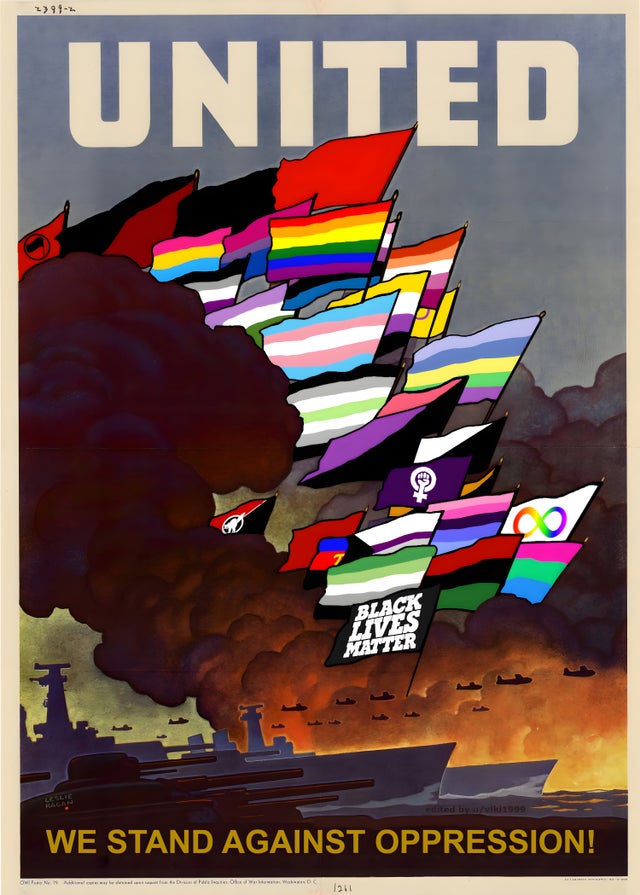Once you learn how to understand and apply historical materialism and break out of capitalist canards like the myth of barter, it becomes much easier to come up with the things that make societies feel evolving, nuanced, and alive: internal struggles, subcultures and countercultures, political movements, economic bases, social mores and customs. That, plus having a variety of real-world examples to draw from to avoid falling into the trap of capitalist realism.


Same here, but I also got disillusioned with the online communities and fantasy/scifi literature. I feel like there’s a lot of focus on “hard” worldbuilding which is to say magic systems, tectonic plates, and deterministic (and somewhat racist) theories.
But not enough of the social aspect like language and culture which linguistics/conlanging and anthropology covers. Dialectical materialism then ties them together, the physical and the social. It’s the final stage of worldbuilding quality you could say
But a lot of worldbuilders hate on the above because it’s too much work apparently. Though I find that weird when they are still willing to draw detailed maps and calculate tectonic plates movement idk.
I remember watching Brandon Sanderson’s lectures on writing when he said to ignore language. I vividly remember my disillusionment starting then.
Someone who ignores details of the real world to create a fictional world but still calls it as detailed as the real world is very suspicious to me.
That’s frankly silly of him. At the same time, though, building an entire fictional world is a massive enough task that I think it makes sense to focus on what is needed to make the story work. My personal philosophy is to focus on the parts of the worldbuilding that you enjoy. Language isn’t a particular interest of mine, but there are a lot of people who find it fascinating, and they will appreciate stories with well-developed fictional languages - just look at how many people have learned Tolkien’s Elvish, or Klingon. Conversely, if someone really wants to muck about with plate tectonics and meteorology, then I say more power to them, and I wish them the best in finding likeminded people. I myself lean most heavily into worldbuilding history, politics, economics, and engineering, but I understand that those things aren’t everyone’s bag.
Yeah you’re right. I guess I mean outright ignoring one part is worse than not focusing on it. For example with language, you could just say there is a language but not actually flesh it out and translate things, or even just have a babel fish universal translator contrivance.
Although I was also thinking more like the Bangladeshi independence struggle, which was rooted in linguistic identity. It’s one thing to never explain why the aliens in the MCU all know English, but entirely ignoring the role of language in human history seems flawed.
Especially since I consider language and culture in general as important to species-essence or human nature as much the ability to perform labor, so it should be present in the dialectic of history